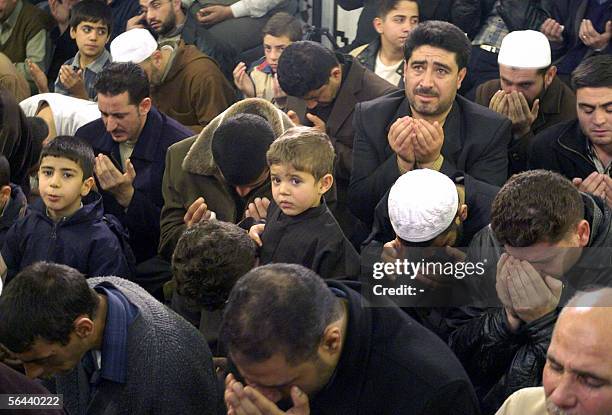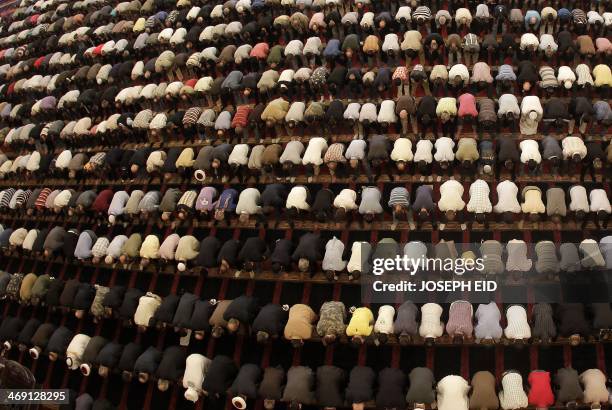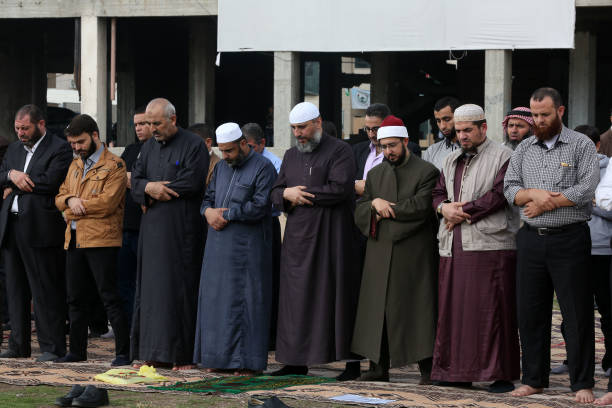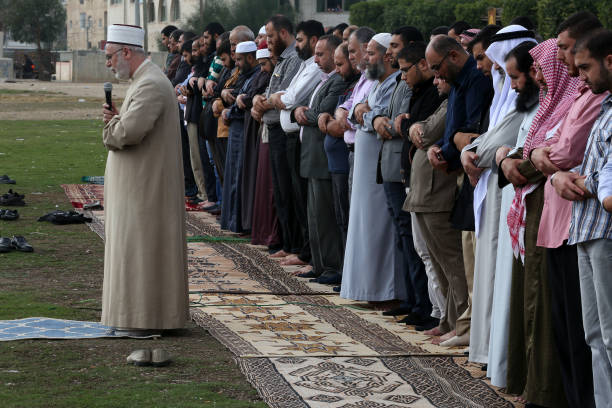Salat al-Istisqa, also known as the “Prayer for Rain,” is a significant spiritual worship that enhances the believer’s connection with Allah and invites His infinite mercy. This prayer is performed when there is a need for rain or when an area experiences severe drought. In Islamic history, this prayer has been considered an important form of worship, not only for asking for rain but also for seeking repentance and forgiveness from Allah.

Salat al-Istisqa: Definition and Background
Salat al-Istisqa is a specific prayer offered during times of drought or when there is a severe shortage of rain. Its purpose is to ask Allah for rain so that He may shower His mercy upon His creation. This prayer began during the time of the Prophet Muhammad (PBUH) and became a significant form of worship for Muslims. The Prophet (PBUH) himself performed this prayer for rain and encouraged Muslims to do the same.
In Islamic history, there have been many instances when Muslims performed Salat al-Istisqa and asked Allah for rain. The Prophet Muhammad (PBUH) said, “When you are in need of rain, perform Salat al-Istisqa.” This hadith shows that this prayer is a means of strengthening one’s connection with Allah and seeking His help.
The Etiquettes of Salat al-Istisqa
There are specific etiquettes that must be followed to ensure that Salat al-Istisqa is performed correctly. These etiquettes not only highlight the proper way to perform the prayer but also help in attaining spiritual peace and Allah’s pleasure.

- Time of Prayer and the Importance of Congregation
Salat al-Istisqa can be offered at any time when there is a dire need for rain. It is recommended to offer this prayer in congregation when there is a shortage of rain. Praying in congregation enhances the significance of this worship and amplifies the effect of collective supplication.
- The Method of Salat al-Istisqa
Salat al-Istisqa is performed in two rak’ahs, and there are specific supplications and actions to be followed:
In the first rak’ah, after reciting Surah al-Fatiha, another Surah is recited, followed by the same in the second rak’ah.
After the prayer, the Imam delivers a sermon (khutbah), where supplications for rain are made, and Allah’s mercy is requested.
- Giving Charity (Sadaqah)
It is recommended to give charity after performing Salat al-Istisqa. Some scholars suggest that giving charity brings Allah’s mercy and blessings. Charity not only expiates sins but also brings blessings into one’s sustenance.
- Repentance and Supplication
During Salat al-Istisqa, Muslims seek forgiveness for their sins and turn to Allah in repentance. This prayer makes the person aware of their weaknesses and encourages them to pray with a renewed spirit for Allah’s mercy.

The Virtues of Salat al-Istisqa
There are numerous spiritual and worldly benefits associated with Salat al-Istisqa. This prayer not only asks for rain but also strengthens the believer’s connection with Allah.
- Strengthening the Connection with Allah
Salat al-Istisqa brings the person closer to Allah and increases their awareness of His greatness and power. It fosters humility in the heart and deepens the individual’s relationship with Allah.
- The Descent of Allah’s Blessings
Rain is a sign of Allah’s mercy. When Muslims offer Salat al-Istisqa and pray for rain, Allah, in His infinite mercy, accepts their supplications and sends down rain to nourish the earth. The rain brings prosperity to the land, improves crops, and blesses the lives of people.
- Forgiveness of Sins
During Salat al-Istisqa, Muslims seek forgiveness from Allah for their sins. This prayer purifies the heart and encourages spiritual growth. Through repentance, Allah accepts the supplications of His servants and showers them with His mercy.

- The Effect of Collective Supplication
Praying Salat al-Istisqa in congregation signifies unity among Muslims. It strengthens the bonds of love and cooperation, as they come together in supplication for the well-being of their community. Collective prayer is believed to be more effective in drawing down Allah’s mercy.
Hadith Regarding Salat al-Istisqa
There are several hadiths about Salat al-Istisqa that highlight its importance and virtues. These hadiths show that Salat al-Istisqa is a vital worship that enhances a person’s spirituality and calls for Allah’s mercy.
- Narrated by Anas ibn Malik (RA): The Prophet (PBUH) said, “When you are in need of rain, perform Salat al-Istisqa.” (Sahih Bukhari)
- Narrated by Abdullah ibn Abbas (RA): The Prophet (PBUH) said, “When there is a lack of rain, perform Salat al-Istisqa and then hope for Allah to accept your supplications.” (Sahih Muslim)
- Narrated by Aisha (RA): The Prophet (PBUH) prayed for rain, and while doing so, he turned his clothes inside out to seek Allah’s mercy. (Sahih Bukhari)
The Purpose of Salat al-Istisqa
The purpose of Salat al-Istisqa is not only to ask for rain but also to turn to Allah in every circumstance of life, seeking His help and blessings. Through this prayer, Muslims repent for their sins and strive to earn Allah’s pleasure.
Conclusion
Salat al-Istisqa is an important form of worship that increases the believer’s faith and makes them seek Allah’s mercy and blessings. Through this prayer, Muslims ask for rain during times of drought and eagerly await Allah’s grace. This prayer is a spiritual experience that makes individuals realize their humility and Allah’s infinite power.
By offering this prayer, Muslims seek forgiveness for their sins and strive to gain Allah’s approval. If Allah wills, rain descends and nourishes the earth, which is a manifestation of His boundless mercy.

Pingback: Ramadan 2025: Fasting, Worship, and the Month of Blessings
Pingback: The Virtue and Rewards of Surah Al-Ikhlas A Detailed Insight